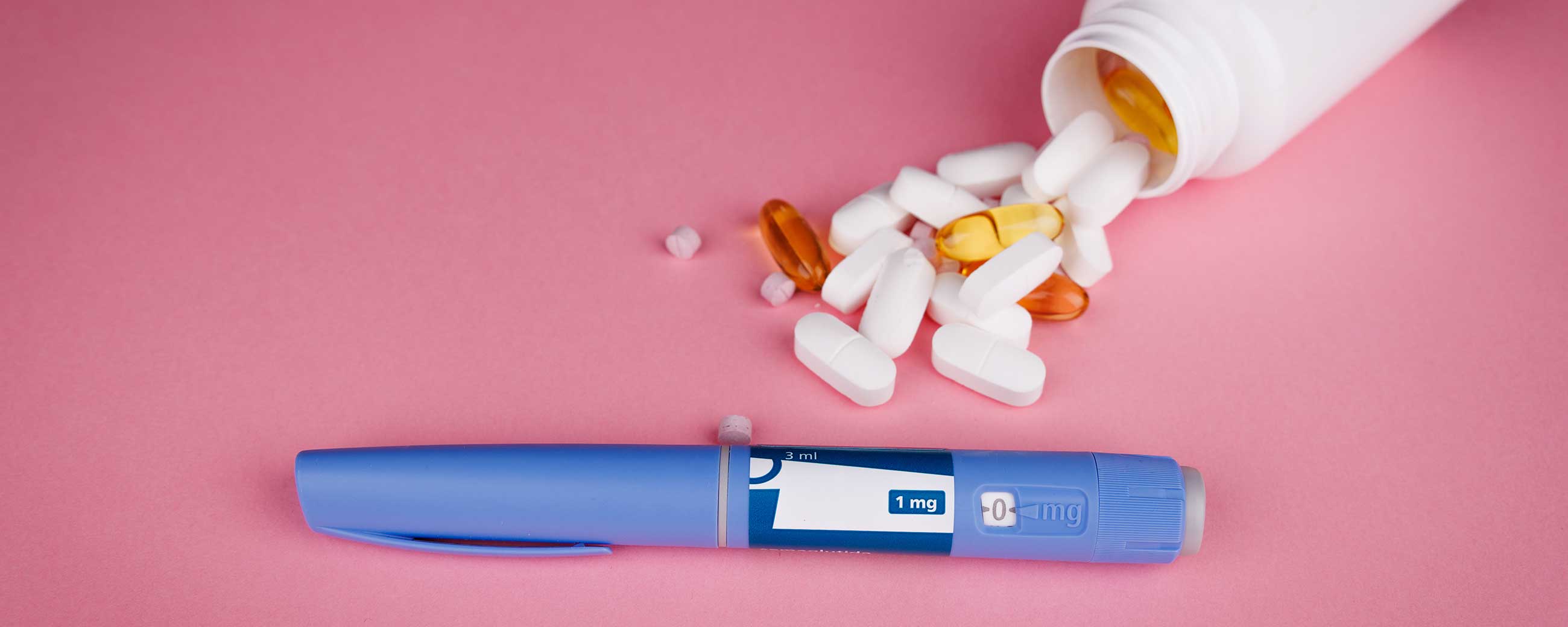
Can Insulin Injections Stop Working for Diabetes?

Virta member Vickie took oral diabetes medication for nearly seven years, though it eventually stopped controlling her glucose levels. Her doctor put her on three different injectable medications, followed by insulin injections to get her diabetes under control. Still, Vickie’s A1c and weight continued to rise no matter what she did, and she experienced significant inflammation and fatigue. Determined to regain her health, Vickie joined Virta. By following the treatment plan, Vickie’s A1c went down, she’s lost 45 pounds, and she now has energy to play with her grandkids.
If you’re wondering “can insulin injections stop working for type 2 diabetes,” know that it’s very possible for diabetes medications including insulin to stop working effectively over time. If that happens to you and your insulin is not working, it is important to talk to your doctor or healthcare provider right away to prevent serious complications. But it’s also an excellent reason to consider other alternatives to insulin and diabetes medicine, such as reversing your diabetes by signing up with Virta. Here’s what you need to know.
Why Is My Insulin Injection Not Working?
There are quite a few reasons your insulin injections might stop working, or become less effective over time. These include:
Lipohypertrophy: If you inject your insulin into the same part of your body over and over, this can lead to the formation of fatty lumps on the surface of the skin, also called lipohypertrophy. If you keep injecting insulin into these fatty lumps, the medication may not be delivered effectively throughout the body, as it takes longer to absorb, and this can lead to high blood sugar despite taking insulin.
Incorrect injection technique: Your injection technique can also affect insulin absorption. Withdrawing the needle too quickly from your skin, reusing a needle, or not mixing your insulin correctly can impact your insulin delivery and, therefore, your blood sugar levels.
Complications from other medications: Certain medications can potentially interact with glucose control, including:
- Steroids
- Statins to lower cholesterol
- Birth control pills
- Beta-blockers and diuretics to manage high blood pressure
- Medications to treat ADHD, depression and anxiety
- Decongestants
- Cough syrup
- Adrenaline to treat severe allergic reactions
Taking expired insulin: If your insulin is expired, it may not work as effectively as it should, which can contribute to higher blood sugar.
Why is My Blood Sugar Still High After Taking Insulin?
There are also lifestyle reasons why insulin injections may become less effective over time, including:
Not taking the correct amount of insulin: Not matching your insulin to the amount of carbohydrates you eat can also lead to high blood sugar.
You’ve had diabetes for a long time: The longer you have diabetes, the greater the chances that your pancreas will slow down its insulin production, requiring larger doses over time.
Your lifestyle: Eating more carbohydrates, being sedentary, and having higher stress levels than usual can also lead to higher blood sugar despite taking insulin.
Your blood sugar could still be elevated after taking insulin for any of the reasons listed above. If your current insulin dose doesn’t help lower your blood sugar, your physician may suggest changes like:
- Increasing your insulin dosage
- Using an insulin pump
- Taking a fast-acting form of insulin before your meals
The Takeaway
Noticing a trend here? Taking insulin to manage your diabetes can be extremely complicated, with many potential fail points. However, if you successfully reverse your type 2 diabetes, you may vastly reduce or even eliminate your dependency on insulin and other diabetes medications.
If you’ve been diagnosed with type 2 diabetes and want to live a healthier lifestyle, Virta Health may be able to help. By making healthy lifestyle changes in a medical setting with supportive resources like 1:1 virtual coaching, you can regain control of your health and feel like yourself again. See if you’re eligible for Virta Health here.
This blog is intended for informational purposes only and is not meant to be a substitute for professional medical advice, diagnosis, or treatment. Always seek the advice of your physician or other qualified health provider with any questions you may have regarding a medical condition or any advice relating to your health. View full disclaimer
Are you living with type 2 diabetes, prediabetes, or unwanted weight?








